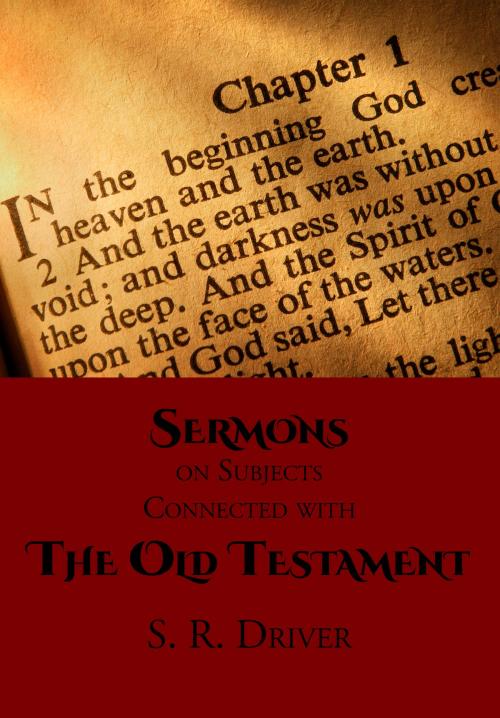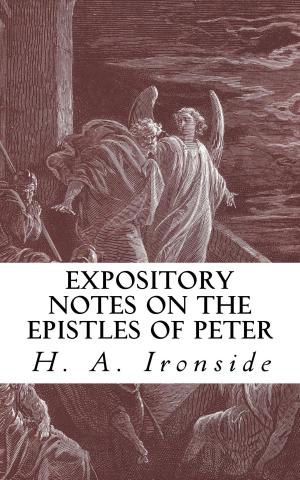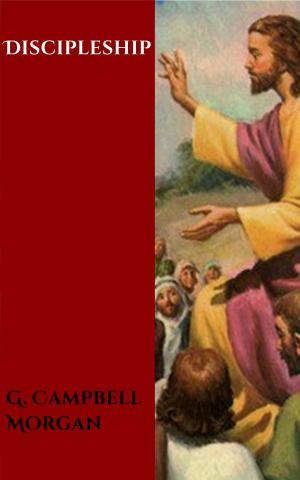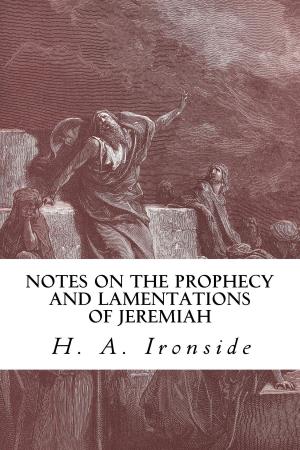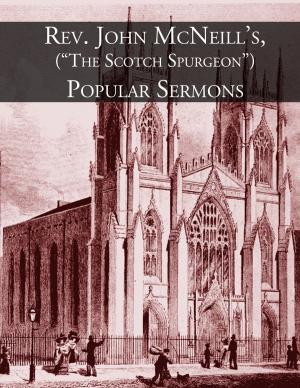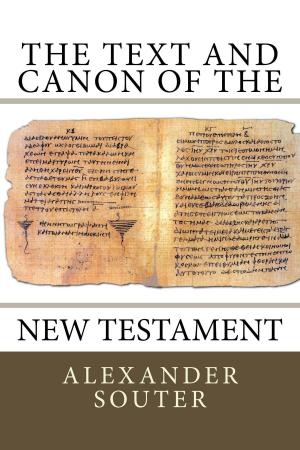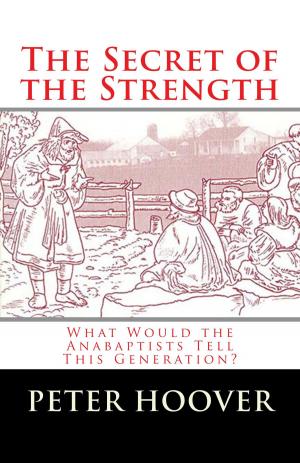Sermons on Subjects Connected with the Old Testament
Nonfiction, Religion & Spirituality, Bible & Bible Studies, Old Testament, Criticism & Interpretation, Christianity, Christian Sermons| Author: | S. R. Driver | ISBN: | 1230001930795 |
| Publisher: | CrossReach Publications | Publication: | September 24, 2017 |
| Imprint: | Language: | English |
| Author: | S. R. Driver |
| ISBN: | 1230001930795 |
| Publisher: | CrossReach Publications |
| Publication: | September 24, 2017 |
| Imprint: | |
| Language: | English |
Of the Sermons collected in the present volume, the first five and the seventh were preached before the University of Oxford, the sixth was preached before the University of Cambridge, the last five were preached in the Cathedral at Christchurch.1 The volume (the idea of which is due to the suggestion of a friend) may be regarded as supplementary, to a certain extent, to my Introduction to the Literature of the Old Testament, published in 1891. Although, as I hope, that work contained sufficiently clear indications that I was not indifferent to the theological aspect of the Old Testament, or to the permanent value attaching to the moral and religious teaching conveyed in it, the plan prescribed to me precluded my touching upon these subjects otherwise than incidentally; and the present volume, though not, of course, a systematic treatise, will, I trust, illustrate more completely how I view them, and in what directions I conceive that the Old Testament may be fruitfully and intelligently studied, and be made practically useful at the present day. It appears to be sometimes supposed that a critical view of the literature and history of the Old Testament is incompatible with any real sense for the spiritual and moral teaching which it contains: it is my hope and wish that the pages which follow may suffice to show how very far this is from being the case. As I have said elsewhere, the adoption of critical conclusions, such as those which I have expressed myself, “implies no change in respect to the Divine attributes revealed in the Old Testament; no change in the lessons of human duty to be derived from it; no change as to the general position (apart from the interpretation of particular passages) that the Old Testament points forward prophetically to Christ.”1 The present collection of Sermons will, I hope, serve to illustrate, from different points of view, the truth of the positions here affirmed. It only remains to add that the last five sermons are of simpler structure than the rest, and are, in the main, more directly exegetical: my aim in publishing them has been to show more particularly how “the specific lessons of the Old Testament” may be enforced, and its “providential purpose” recognized,2 without interpreting its words in a sense alien to their original meaning or context, or otherwise deviating from a strict application of critical and exegetical canons.
As an introduction, I have prefixed a Paper, read at the Church Congress at Folkestone, October 6, 1892, on the permanent moral and devotional value of the Old Testament for the Christian Church.
Of the Sermons collected in the present volume, the first five and the seventh were preached before the University of Oxford, the sixth was preached before the University of Cambridge, the last five were preached in the Cathedral at Christchurch.1 The volume (the idea of which is due to the suggestion of a friend) may be regarded as supplementary, to a certain extent, to my Introduction to the Literature of the Old Testament, published in 1891. Although, as I hope, that work contained sufficiently clear indications that I was not indifferent to the theological aspect of the Old Testament, or to the permanent value attaching to the moral and religious teaching conveyed in it, the plan prescribed to me precluded my touching upon these subjects otherwise than incidentally; and the present volume, though not, of course, a systematic treatise, will, I trust, illustrate more completely how I view them, and in what directions I conceive that the Old Testament may be fruitfully and intelligently studied, and be made practically useful at the present day. It appears to be sometimes supposed that a critical view of the literature and history of the Old Testament is incompatible with any real sense for the spiritual and moral teaching which it contains: it is my hope and wish that the pages which follow may suffice to show how very far this is from being the case. As I have said elsewhere, the adoption of critical conclusions, such as those which I have expressed myself, “implies no change in respect to the Divine attributes revealed in the Old Testament; no change in the lessons of human duty to be derived from it; no change as to the general position (apart from the interpretation of particular passages) that the Old Testament points forward prophetically to Christ.”1 The present collection of Sermons will, I hope, serve to illustrate, from different points of view, the truth of the positions here affirmed. It only remains to add that the last five sermons are of simpler structure than the rest, and are, in the main, more directly exegetical: my aim in publishing them has been to show more particularly how “the specific lessons of the Old Testament” may be enforced, and its “providential purpose” recognized,2 without interpreting its words in a sense alien to their original meaning or context, or otherwise deviating from a strict application of critical and exegetical canons.
As an introduction, I have prefixed a Paper, read at the Church Congress at Folkestone, October 6, 1892, on the permanent moral and devotional value of the Old Testament for the Christian Church.
